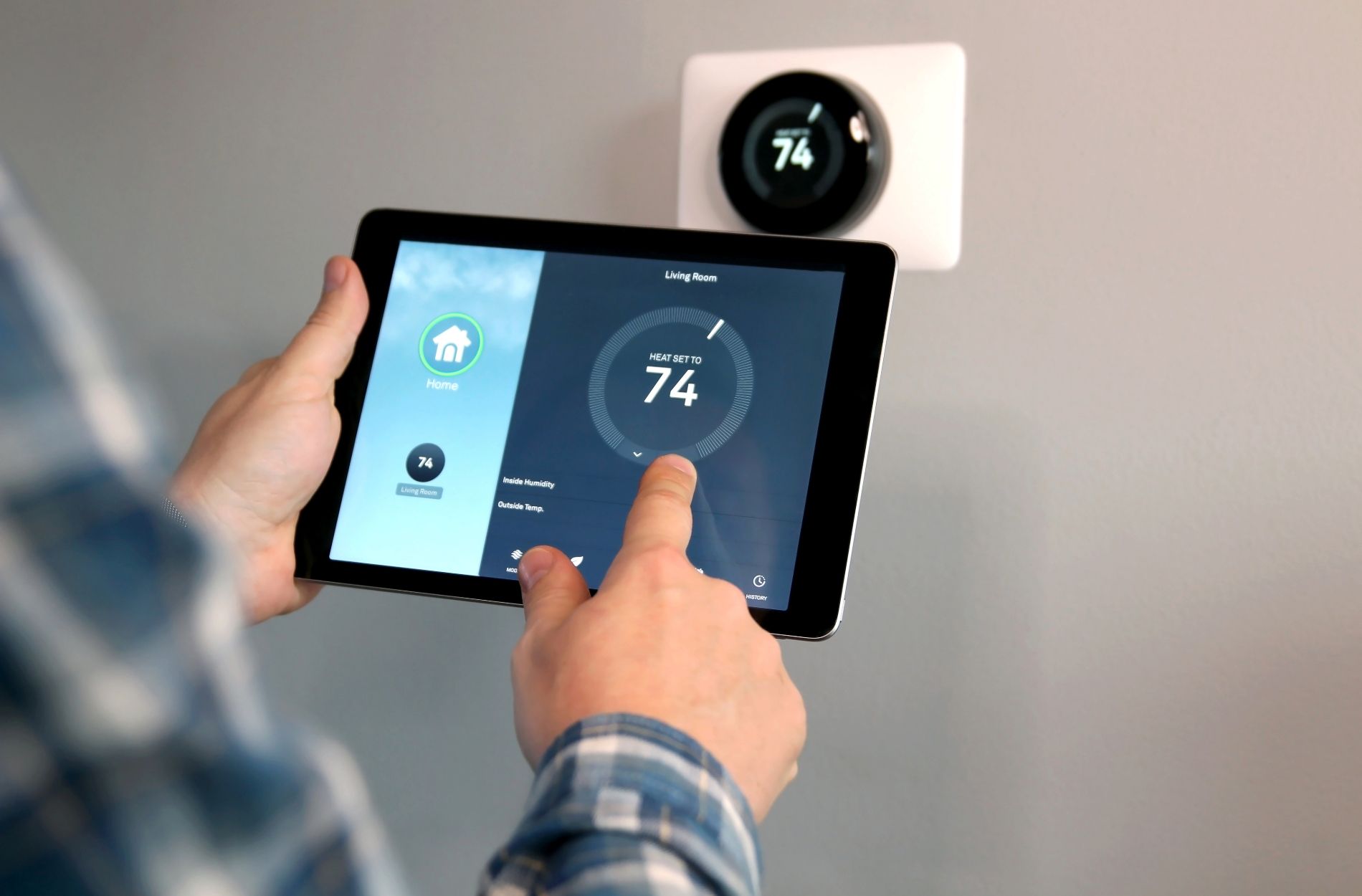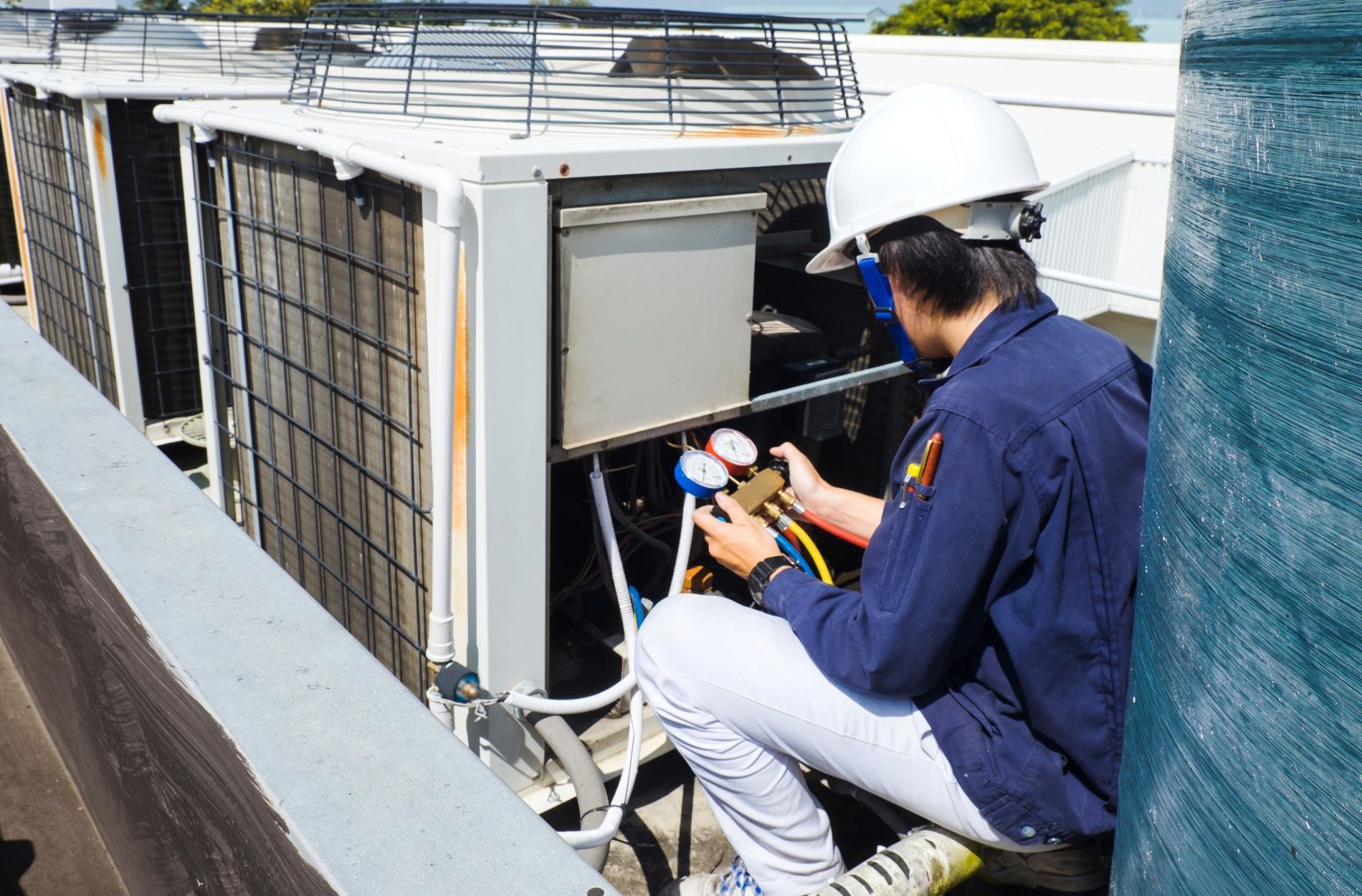Save Money and Boost Energy Efficiency with Routine HVAC Maintenance
Energy efficiency is a growing concern for many homeowners as it not only reflects their commitment to environmental sustainability but also directly affects their monthly utility bills. A well-maintained heating, ventilation, and air conditioning (HVAC) system plays a crucial role in optimizing a home's energy efficiency, and by ensuring your HVAC system remains in peak condition, you can save a significant amount on your energy bills and minimize your environmental impact.
In this educational and informative blog post, we'll explore the importance of routine HVAC system maintenance and its impact on energy efficiency and cost savings. We'll discuss various maintenance tasks that homeowners should consider implementing to ensure their HVAC systems remain at peak performance and share valuable insights into how these tasks contribute to improved energy efficiency. Additionally, we'll explain the benefits of scheduling regular professional maintenance appointments to diagnose and address any potential issues early, before they escalate into costly repairs.
The Importance of HVAC System Maintenance for Energy Efficiency and Lower Bills
Detect and Fix HVAC Issues Early with Regular Inspections
Routine HVAC inspections by experienced professionals are essential for identifying potential system issues before they worsen and cause significant damage. By catching problems early and addressing them promptly, you can ensure your HVAC system remains energy-efficient and help avoid costly repairs down the line. Regular inspections should include:
1. Examining the entire HVAC system: Check for signs of wear, damage, or improper function for all components, including the thermostat, blower motor, evaporator and condenser coils, and refrigerant lines.
2. Inspecting electrical wiring and connections: Ensure that all wiring and electrical connections are secure, clean, and functioning optimally to prevent energy waste and maintain safety.
3. Checking HVAC system airflow: Consistent airflow throughout your system is crucial for energy efficiency. Inspections should include assessing vents, ductwork, and filters to remove any obstructions and ensure proper airflow.
4. Testing system controls: Evaluate the performance of your HVAC system's controls, such as the thermostat and system switches, to ensure they are functioning correctly and maintaining consistent temperatures.
Maintain the Efficiency of Your HVAC System with Proper Cleaning
Keeping your HVAC system clean not only helps extend its lifespan but also directly impacts energy efficiency. Regular cleaning of your system's essential components is crucial to prevent the accumulation of dirt, dust, and other debris that could impede system performance and lead to higher energy bills. Important cleaning tasks include:
1. Cleaning or replacing air filters: Clogged filters can reduce airflow and force your system to work harder, decreasing energy efficiency. Clean or replace your air filters at least every three months, or more frequently if you have pets or allergy sufferers in your home.
2. Cleaning evaporator and condenser coils: Dirt buildup on your system's coils can reduce their ability to absorb and release heat, leading to decreased efficiency. Regularly clean these coils to ensure optimum performance.
3. Cleaning and inspecting ductwork: Check your ducts for signs of dirt, debris, or leaks, and clean or repair them as necessary to maintain proper airflow and energy efficiency.
Stay Energy Efficient with Routine HVAC System Tune-Ups
Similar to a car, your HVAC system benefits from routine tune-ups to ensure that all components are functioning optimally. Regular professional HVAC tune-ups can help identify and address minor issues before they become significant problems and ensure your system remains energy-efficient. A comprehensive HVAC tune-up should include:
1. Lubricating moving parts: Properly lubricated components in your HVAC system reduce friction and wear, helping your system run more efficiently and prolonging its lifespan.
2. Inspecting and cleaning the blower motor: A well-maintained blower motor is essential for proper airflow and energy efficiency. Ensure it is clean, functioning properly, and free of debris to maintain peak performance.
3. Checking refrigerant levels: Insufficient refrigerant in your air conditioning system can lead to decreased efficiency and higher energy bills. A professional technician can assess refrigerant levels and recharge the system if necessary during a tune-up.
4. Adjusting and tightening belts and pulleys: Loose or misaligned belts and pulleys can contribute to reduced HVAC system efficiency. Properly adjusted and tightened belts and pulleys help ensure peak performance and energy savings.
Upgrade to Energy-Efficient HVAC Equipment
In addition to regular maintenance, upgrading your HVAC equipment to energy-efficient models can significantly impact your home's overall energy efficiency. Consider the following system upgrades:
1. High-efficiency air conditioner or heat pump: Modern, energy-efficient air conditioners and heat pumps can offer significant energy savings and reduced cooling costs, making them a smart investment in the long run.
2. Programmable or smart thermostats: Upgrading to a programmable or smart thermostat allows you to customize your temperature settings for maximum energy efficiency and savings, adjusting the temperature when you're away from home or asleep.
3. Energy-efficient furnace: A high-efficiency furnace can help lower your heating bills and provide more consistent, comfortable temperatures throughout your home.
Conclusion
In conclusion, maintaining your HVAC system is crucial for improved energy efficiency and lower utility bills. By following these guidelines and best practices, you can protect your HVAC system from potential issues, minimize your environmental footprint, and enjoy substantial cost savings.
Trust the skilled technicians at Anytime Heating & Air to help ensure your HVAC system remains reliable, energy-efficient, and cost-effective. Contact us today to learn more about our
HVAC solutions, or to schedule a consultation, maintenance appointment, or professional assessment, and enjoy the peace of mind that comes with knowing your HVAC system is in top condition and working to save you money.


